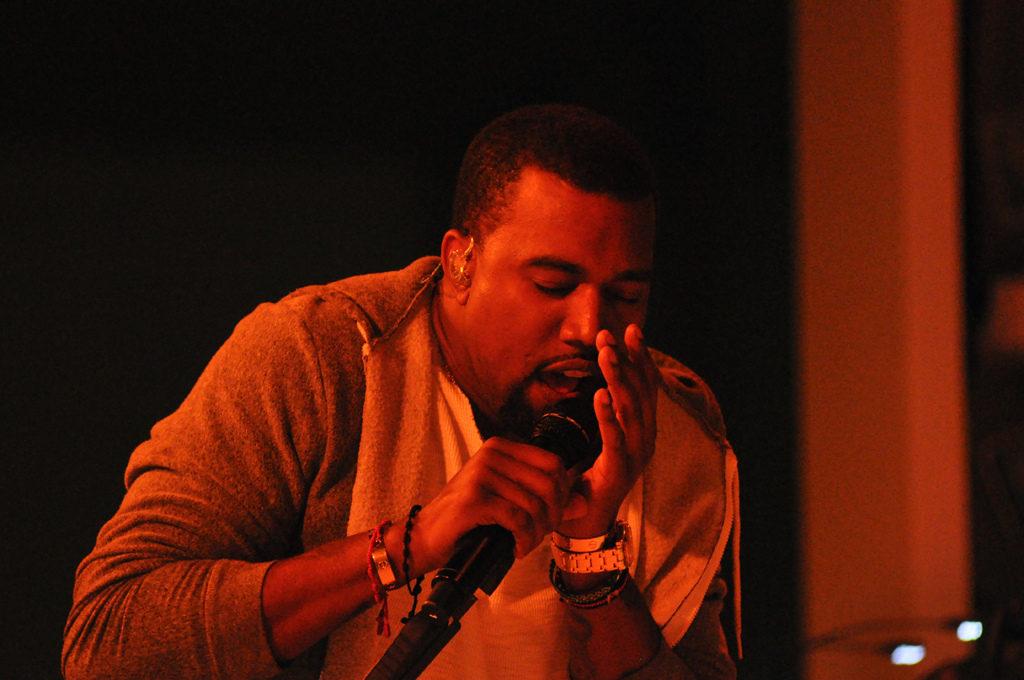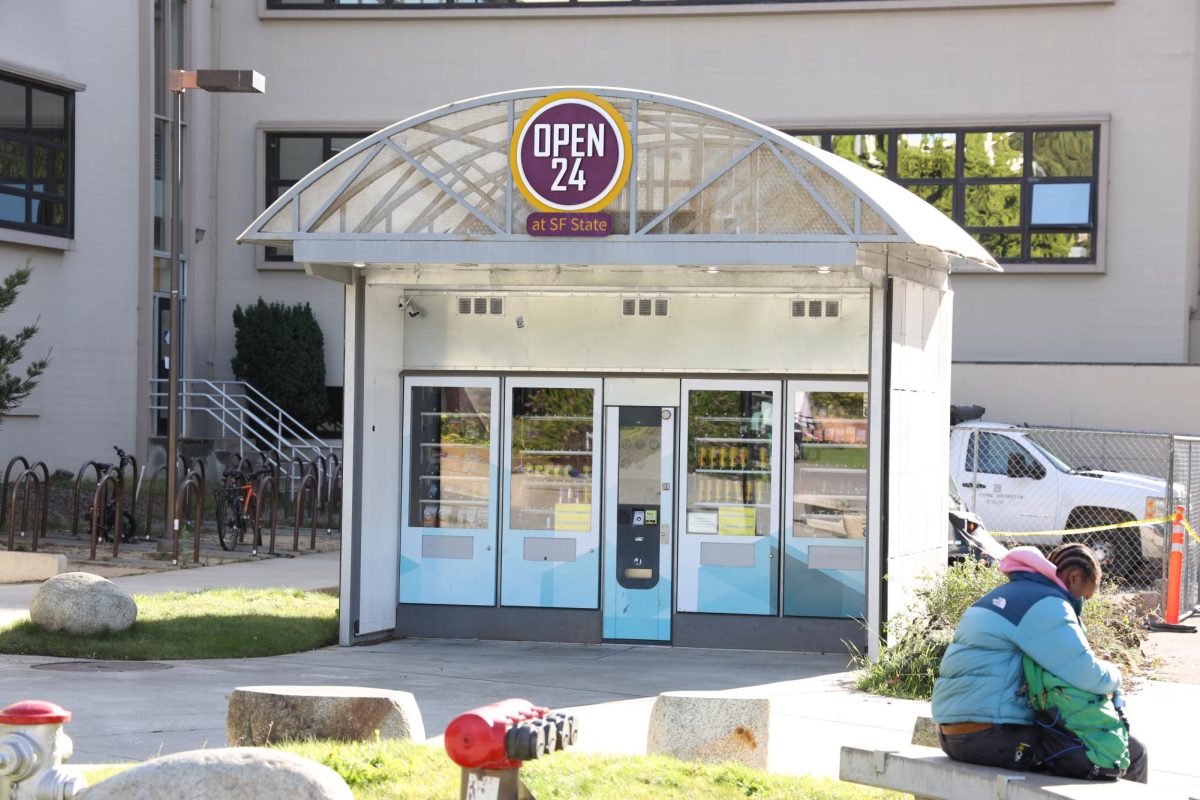Kanye West, or should I say Ye West, has proved it all. From musical mogel to fashion designer and now ex-social media icon, the “College Dropout” artist even went back to college and received an honorary doctoral degree from the School of the Art Institute of Chicago while juggling being a father and artist throughout his skyrocketing career.
I will give West the credit he rightly deserves for all his admirable talents; however, as of late, the artist has misrepresented his culture in the media and has lacked integrity since the first time he introduced his music to the world in 2003. I guess it is fair to say that I miss the old Kanye and his frantic tweets since the outspoken artist has deactivated all his social media accounts last week.
“I like how he’s always doing or saying whatever he wants no matter what the norm is, he’s just always being real to himself,” says John Costa, a San Francisco State student who has been a fan of the artist for over 11 years. “I don’t listen to him because of his political views. I listen to him because he’s a great artist.”
West’s political statements radiate a new personality far different than the one he established once entering the hip-hop game. He has presumably claimed to be out of “the sunken place,” yet he continues to make a fool of himself on social media, and recently on the popular Saturday Night Live stage, as he goes on random tangents while intentionally accessorizing with his MAGA hat in order to make a statement. In spite of that, the 41-year-old artist has spoken on an issue that studies have proven to be true: social media has an effect on users’ perception of reality.
“We should be able to participate in social media without having to show how many followers or likes we have,” West tweeted to his 28.6 million followers on Sept. 20. “Just like how we can turn off the comments, we should be able to turn off the display of followers. This has an intense negative impact on our self-worth.”
On Instagram, West shared with his 3.9 million followers a video of Denzel Washington in a CBN news interview where the actor advised young people to “turn off” social media.
“We all want to be liked, but now we want to be liked by sixteen million,” Washington said. “Some of us will do anything to be liked.”
Benjamin Grosser, a professor of new media at the University of Illinois at Urbana-Champaign, created two web browser extensions known as the Facebook Demetricator and Twitter Demetricator for users to diminish the platform’s metric system, such as likes and followers from their profiles. Since the release of the Facebook Demetricator in 2012, Grosser has analyzed and collected data that indicates the effects of metrics on social media and demonstrated them in a study he titled, “What Do Metrics Want? How Quantification Prescribes Social Interaction on Facebook.”
Grosser reveals in his study the role metrics play in prescribing “the transformation of the human need for personal worth.. into an insatiable ‘desire for more.’” He illuminates the concept of a “self-induced audit of metricated social performance,” which translates into the idea that users’ interactions with one another leads to an unintentional reflection of a person’s worth from soley quantitative numbers. Even with substantial educational background, 140 doubters of West’s statement liked a tweet that responded with “If social media is that deep for you, log off.”
West’s daunting belief on the reality of social media metrics continued for almost a week as he wrote on Twitter on Sept. 22 stating, “Having your amount of likes on display for the world to see and judge is like showing how much money you have in the bank or having to write the size of your dick on your T-shirt.” He even went as far as to make the claim that users are committing suicide due to not getting enough likes on social media.
Although I could not find a study that correlated with West’s statement, from personal experience as an active user on Twitter, Instagram and Snapchat, I can admit to being at fault of the concepts described by Grosser. Throughout all of high school, all my friends had more than 1,000 followers with 200 likes or more on each photo, and of course it made me perceive myself in a unhealthy way if I did not see those same numbers reflect on my own profile.
“I don’t agree that social media has a bad effect on user’s because as people we choose what effects us,” says Costa. “If we are allowing some random joe behind a screen affect us then we’re not confident enough in ourselves.”
Kenneth Gergen, a social psychologist and author of “The Saturated Self,” warned readers on the consequences of technology and its transformation of humans into multiphrenia, “a fragmented version of the self that is pulled in so many directions the individual would be lost.” Although West has not admitted to personally being affected by social media metrics, as a fan, I’ve noticed his recent actions indicating this lost behavior since his mother’s death and marrying Kim Kardashian.
Unlike West, I’m guilty of unintentionally watching my follower count on Instagram grow to this day as I’m so close to reaching 1,000 followers. I get bothered by seeing 198 likes on a photo instead of seeing 200 likes. Do two likes really matter? At the end of the day, no. A majority of the people on my social media accounts have become strangers since my first encounters with them; however, my brain for the last 11 years of my life has subliminally made me believe that the perception of my own life can be measured from the many perceptions on social media.
Gergen wrote, “Someday there may indeed be nothing to distinguish multiphrenia from simply ‘normal living,’” and I believe for once Kanye is totally right, we have reached that day.










